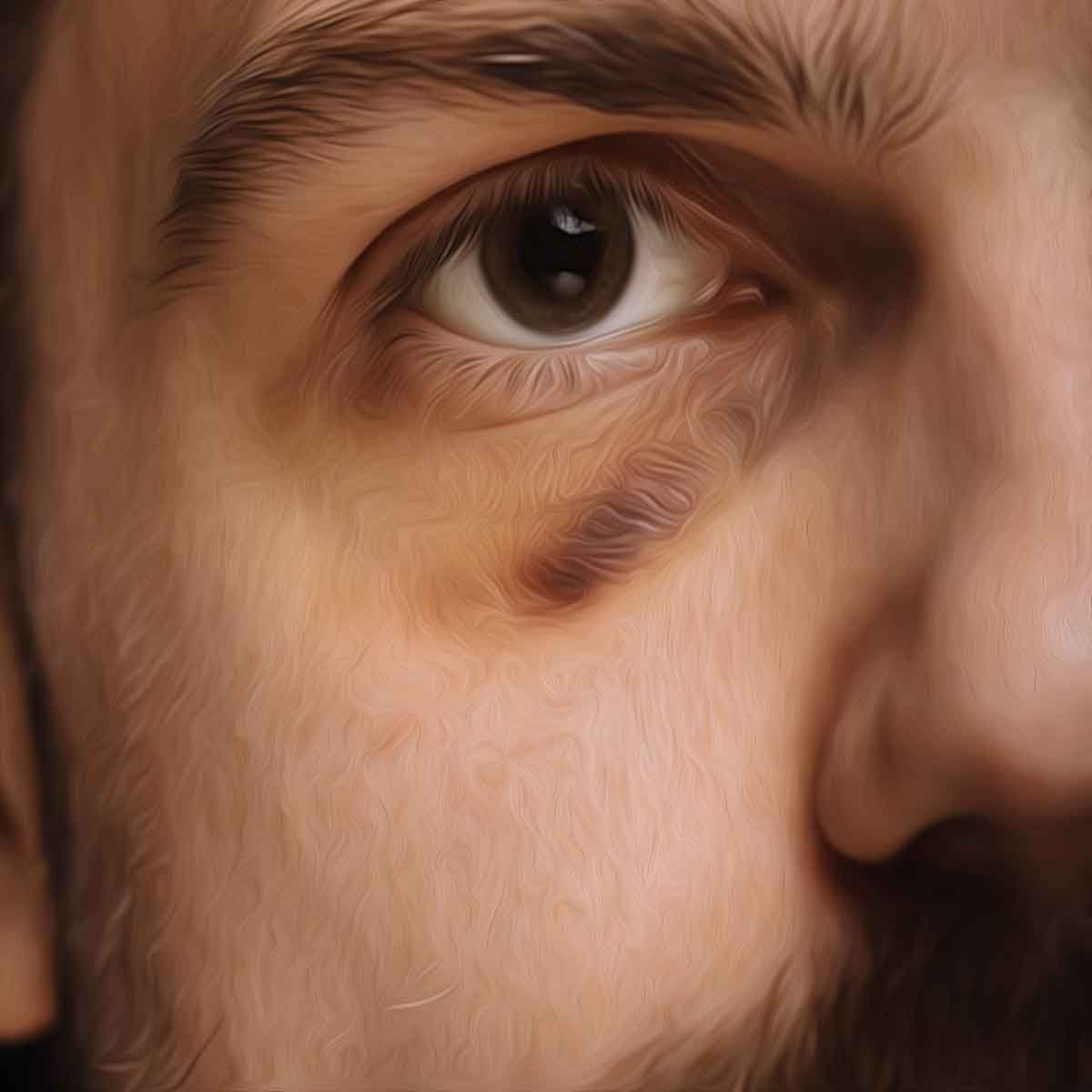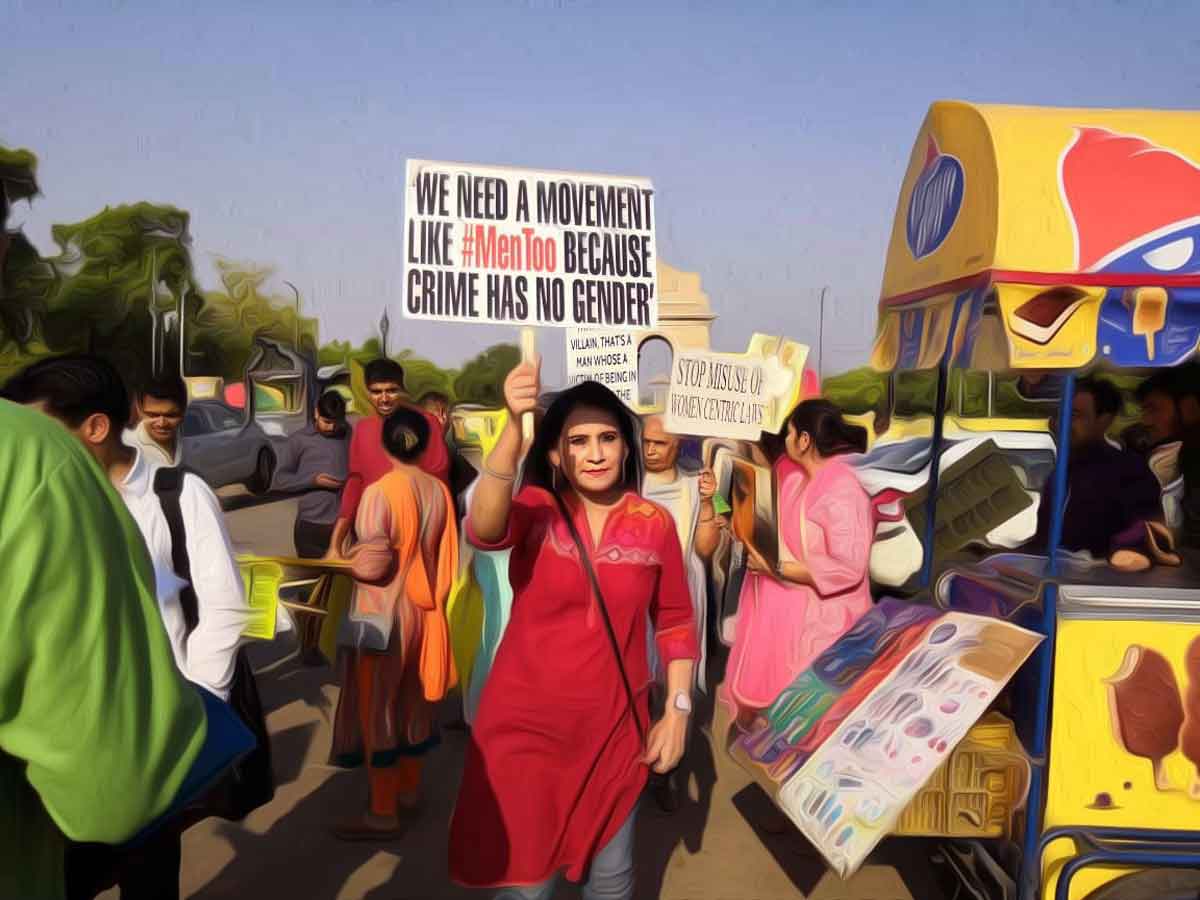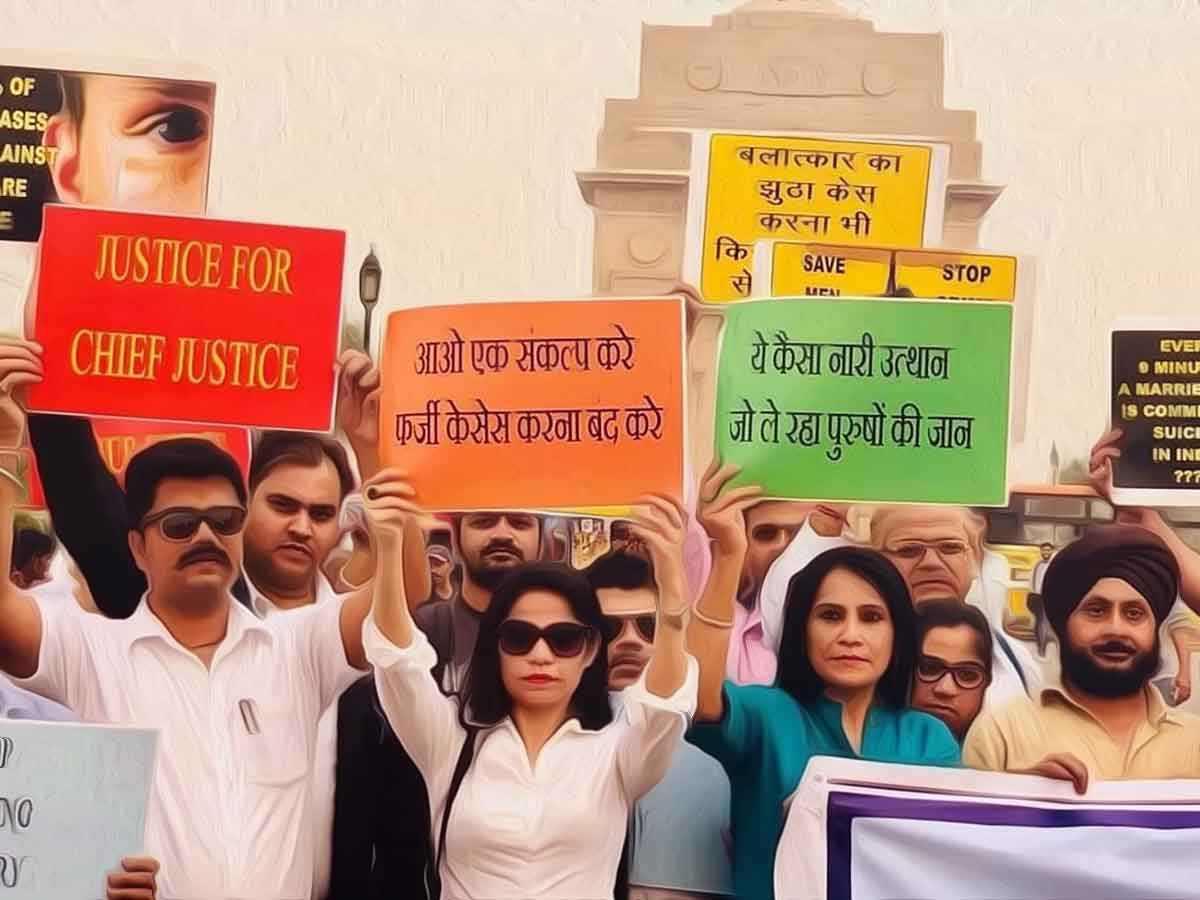Husband submitted that his wife living separately for 10 years, she implicated false 498-A IPC, in which he was acquitted, and prayed for divorce on ground of mental cruelty: Court concurred disputes not serious

The Madhya Pradesh High Court, Indore Bench recently dismissed the appeal preferred by the Appellant/husband for grant of divorce, holding that being a husband and a father, he could not run away from the responsibility by simply taking divorce on the ground that he wants to serve his mother and father for the remainder of his life or that he and his wife were not living together for many years.
Based on Hindu law, marriage is a sacred tie and the last of ten sacraments that can never be broken. Also, it is a relationship that is established from birth to birth. Also, it is not only considered sacred but it is also a holy union. The main objective of marriage is to enable a woman and a man to perform their religious duties. Along with this, they also have to beget progeny. Based on ancient writings, a woman is considered half of her husband and thus completes him. While a man is also considered incomplete without a woman.
The facts of the case were that the Appellant/husband had filed an application before the family court for divorce U/S 13 of the Hindu Marriage Act.
After examining the documents on record, the lower court had concluded that the matrimonial dispute between the Appellant/husband and Respondent/wife was petty in nature, which did not amount to cruelty on the part of the wife and therefore, the husband was not entitled to dissolution of marriage. Aggrieved by the said order, the husband preferred an appeal before the Court.
The Appellant/husband submitted that he and the Respondent/wife were living separately for almost 10 years and that there was no cohabitation during the said period.
 Barkha Trehan: A Woman Is Leading The Indian MenToo Movement For Men's Rights But We Find That More Than Ironic |
He argued that earlier, he had filed an application for divorce on two occasions and later withdrew both of them as he had come to a compromise with his wife but even after doing so, she did not change her behaviour towards his parents. Therefore, he asserted, there was no possibility or hope of them living together for the rest of their lives.
He also brought the attention of the Court to the fact that he was subjected to mental cruelty due to the behavior of the Respondent/wife.
He submitted that she tried implicating him falsely for an offence punishable by U/S 498-A IPC, in which he was acquitted. Accordingly, he prayed that he was entitled to a decree of divorce.
It was further submitted that whenever the respondent lived in the matrimonial house, she used to pressurize to live with him separately from his parents.
Per contra, the Respondent/wife argued that since her husband approached the family court seeking a decree of divorce, therefore, the burden was upon him to prove allegations levelled against her within the scope of Section 13(1) of the Hindu Marriage Act.
She argued that the Appellant/husband had failed to establish physical or mental cruelty by leading cogent evidence, and therefore, the lower court had rightly declined the decree of divorce.
The Respondent/wife further submitted that she and her husband had reached the advanced age of life, and they needed companionship for the remainder of their lives. With regard to their 22-year-old son, she asserted that the Appellant/husband owed a responsibility towards him.
She contended that she had taken care of their son all by herself and that divorce, at the given stage, would push his future into the dark. She concluded that merely a long period of separation cannot be solely ground for divorce when there was the hope of coming together.
 |
Considering the submissions of the parties and documents on record, the Court concurred with the submissions of the Respondent/wife, opining that the disputes between the couple were not serious in nature and that the same could not amount to mental cruelty on the part of the wife towards the husband. The Court added that such disputes were 'very normal' in 'all the matrimonial houses in this country'.
Perusing the letters exchanged between the husband and the wife over a period of time, the Court observed:
She appears to be a sensible lady, therefore some incident that took place 10-12 years back, which is normal between husband and wife, cannot be a ground for divorce. Their son reached the age of 22 years. The appellant/husband being a husband and father cannot run away from the responsibility towards his son by simply taking divorce on the ground that he wants to serve his mother and father for remaining his life. His son must be the same feeling to serve his father. The appellant has a responsibility toward his son and wife also, he cannot leave them alone at this stage of life.
The Court, thus, noted that the Appellant/husband had failed to make a case for grant of decree of divorce:
We are of the affirming view that the appellant has failed to establish his case to get the decree of divorce. The decree of divorce cannot be granted merely on the ground that husband and wife are living separately since last so many years. The appellant has failed to establish the allegation levelled in the petition by leading evidence.
With the aforesaid observations, the Court refused to interfere with the order of the family court, and the same was affirmed. Accordingly, the appeal was dismissed.
Case Title: Parag Pandit V Smt.Sadhana
References:
 Support Us
Support Us
Satyagraha was born from the heart of our land, with an undying aim to unveil the true essence of Bharat. It seeks to illuminate the hidden tales of our valiant freedom fighters and the rich chronicles that haven't yet sung their complete melody in the mainstream.
While platforms like NDTV and 'The Wire' effortlessly garner funds under the banner of safeguarding democracy, we at Satyagraha walk a different path. Our strength and resonance come from you. In this journey to weave a stronger Bharat, every little contribution amplifies our voice. Let's come together, contribute as you can, and champion the true spirit of our nation.
 |  |  |
| ICICI Bank of Satyaagrah | Razorpay Bank of Satyaagrah | PayPal Bank of Satyaagrah - For International Payments |
If all above doesn't work, then try the LINK below:
Please share the article on other platforms
DISCLAIMER: The author is solely responsible for the views expressed in this article. The author carries the responsibility for citing and/or licensing of images utilized within the text. The website also frequently uses non-commercial images for representational purposes only in line with the article. We are not responsible for the authenticity of such images. If some images have a copyright issue, we request the person/entity to contact us at This email address is being protected from spambots. You need JavaScript enabled to view it. and we will take the necessary actions to resolve the issue.
Related Articles
- "In the pursuit of justice, let's not forget the essence of the law": Section 498A IPC, enacted to protect married women from cruelty, is now being misused. This misuse disrupts familial harmony and undermines genuine cases, warns Jharkhand High Court
- "Excessively harsh": Centre opposes criminalizing marital rape, citing existing laws like Sections 354, 354A, 354B, 498A IPC, and the Domestic Violence Act, 2005, already offer serious penal consequences for violations of consent within marriage
- In a court case involving rioting, arson, and vandalism during Patidar quota agitation, Gujarat Congress’ president Hardik Patel gets a stay from Supreme Court so he can contest elections: Patel was sentenced to two years in jail
- Calcutta Quran Petition: A petition to ban the Quran altogether was filed 36 years ago, even before Waseem Rizvi petitioned for removing 26 verses from Quran
- "Man versus dog: in this round of alimony Olympics, Fido takes the gold!": In an unprecedented ruling, Mumbai's court insists that man's best friend requires maintenance too, husband now legally obliged to pay estranged wife's canine companions' upkeep
- Why Hindus not claiming their temples back from the Government control: Is pro-Hindu govt will always be in power
- Gender Biased Indian Law: Delhi High Court observed that in India, expenditure borne by brother in supporting his divorced sister must be taken into account while passing an order of maintenance in favour of his wife
- Pastor Father Lawrence has been given a life sentence by a POCSO court in Mumbai for the horrific crime of sodomizing a 13-year-old
- “If you’re good enough to hit the gym at 70, why not a courtroom?”: Age of retirement of Supreme Court and High Court Judges needs to be increased in sync with increase in the longevity and advancement in medical sciences, Parliamentary Committee
- "प्यार तूने क्या किया": In Kolkata, 36-year-old divorcee Sanghati Paul stabs 30-year-old Sarthak Das, her live-in partner, multiple times, Das treated her son as his own, Paul confessed to the crime, igniting a city-wide debate on hidden feminism dangers
- Plea of MP Navneet Rana and husband MLA Ravi Rana to quash FIR for the gruesome and heinous crime of reciting Hanuman Chalisa outside Matoshree dismissed by Bombay HC: Justices stated that it was devoid of merit
- In another shocker, Supreme Court quotes 'every sinner has a future' and commutes death sentence of Mohd Firoz for rape & murder of 4-year-old girl: Child brutally assaulted, two teeth broken while smothering after rape
- Uphaar Cinema fire was one of the worst fire tragedies in recent Indian history: Association of Victims of Uphaar Fire Tragedy (AVUT) filed a landmark case considered a breakthrough in civil compensation law in India
- "A people that values its privileges above its principles soon loses both": Delhi High Court upheld the freedom of speech privilege of the advocacy profession, Justice Mini Pushkarna even refused to look into irrelevance or maliciousness of the statement
- Supreme Court halts Jahangirpuri demolition of illegal encroachments of rioters by NDMC on priority by keeping aside 70,632 pending cases: PIL filed by Jamiat Ulama-I-Hind, Advocate Dushyant Dave, and Kapil Sibal













